SPOILER ALERT: This story contains plot details of Ryan Coogler‘s “Sinners,” now streaming on Max.
For the first half of 2025, there’s been much ado about “Sinners,” Ryan Coogler’s Southern vampire thriller, which raked in $365 million at the worldwide box office.
Every element of the film has been dissected — from Michael B. Jordan’s dual performance as the Smokestack twins to the discovery of newcomer Miles Caton (who plays their cousin, Sammie, a preternaturally talented musician), as well as the project as an homage to the blues (with a cameo by legendary musician Buddy Guy) and the adept use of Imax film cameras to capture it all.
But moviegoers have been singing another refrain, too: “The women of ‘Sinners’ devoured.” Indeed, the story doesn’t sizzle without fiery performances from Hailee Steinfeld, Wunmi Mosaku, Li Jun Li and Jayme Lawson.
“It’s a movie with vampires and a whole lot of other stuff. [Ryan is] saying a lot, and I think it’s worth everybody exploring all of what he has to offer,” Lawson told Variety at the film’s NYC premiere. “I’m always wary of trying to put it in a box, because it doesn’t fit in a box. Everybody’s like, ‘What is this movie? What’s the comp?’ There are none. He’s doing something new, something fresh, something original, with people that look like us on that screen. And it’s unreal.”
Part of what makes the film unique is its characterization of the female characters beyond the archetypes they’re usually assigned.
“All of the women have such a clear point of view and a clear storyline of their very own in the midst of this big, wild story, with all these characters’ storylines happening simultaneously,” Steinfeld says in a separate interview, reflecting on what she observed when reading Coogler’s script. “Each of these female voices cut through it all.”
Steinfeld’s Mary and Mosaku’s Annie share romantic backstories with Stack and Smoke, respectively. Still, each woman is well-drawn beyond that: Annie is the revered local Hoodoo practitioner serving the community while mourning the death of her infant, and Mary is a woman navigating the complexities of being a multiracial woman who can pass as white but is in love with a Black man. Similarly, Lawson’s Pearline is a singer whom Sammie takes a liking to and proves to be more intriguing when you consider the circumstances she’s escaping — having been married off by her family to a much older man. And, finally, Li adds depth to Grace Chow, the local shopkeeper whose desire to protect her daughter drives her to make a controversial decision that kicks off the film’s bloody third act.
Here, Steinfeld, Mosaku and Li reflect on their experience making Coogler’s Southern Gothic drama and how their characters’ arcs transformed them off camera.
When you first read the script, what stood out to you about how these women were conceived and the agency they display throughout the storyline?
Li Jun Li: For Grace, it is a story about humans and their relationships; the struggle and moral dilemma when they are faced with the challenge of being infiltrated by these outsiders. Grace is a mother, and she has this primal instinct to protect her daughter at any cost. And I love that she’s strong and she’s selfless — even though she puts the lives of the entire juke on the line.
Hailee Steinfeld: With Mary, I was so struck by the first words that come out of her mouth, and the level of strength and confidence, but vulnerability and loss and grief that comes behind all of those lines. There wasn’t a single one that was written that I didn’t feel clear on with the intentions. It was all there.
And while Ryan made it very easy, it didn’t stop there. The writing, the conversations, the discoveries about these characters continued as we were making this movie. This role is so powerful and has moved me personally so much; Mary has pushed me out of my comfort zone.

Wunmi Mosaku in “Sinners.”
©Warner Bros/Courtesy Everett Collection
Wunmi Mosaku: When I read the first scene of Annie and Smoke, I was just completely blown away by the depth and breadth of the humanity captured in Ryan’s writing. He has such a way with words. He has such a love of humanity, and women, and lovers, and family. He had painted such a picture of these two people that I loved so dearly in seven pages, that I cared so much about in seven pages.
I felt their grief. I felt their yearning. I felt their loss. I felt their love. I felt their hearts breaking open and trying to reconnect, and being entwined again so comfortably, so easily. Their beliefs are in opposing directions, but their hearts are like magnets and can’t let go of each other. I was bowled over by that humanity and spirit, the love and the grief, the power and the gentleness of the scene.
The love of family, love of community, all of these types of love are the driving forces of the movie. Wunmi and Hailee, what went into creating the chemistry with Michael B. Jordan, since he’s playing unique relationships with each of you? Did you find yourself doing different things to get to know each other because these two brothers are so different?
Mosaku: I’m a mom, so out of my nine-to-five, I have to be at home with the family. We had a couple of weeks at rehearsals, and, in between takes, we found time to get to know each other — to share with each other, to talk about our hopes, dreams, fears, loves, everything. But everything was contained to in and around the set because I had to get home.
Steinfeld: One thing that served us really well is that it’s been seven years since the twins have been around, so I love the idea of going into this knowing that we had these distant memories that we were going off of when we met these women. And those distant memories were just the few moments that we had to share before we went full steam ahead into this.

Li Jun Li in “Sinners.”
©Warner Bros/Courtesy Everett Collection
Li Li, you mentioned that Grace is driven by the love of her daughter. Tell me about focusing on this character as a mother.
Li: I am not a mother of a human baby, but a mother of fur babies, and that’s pretty much where I drew my inspirations from, because I went to hell and back to try and save my fur baby, Toto [her Yorkshire terrier, of whom she has a tattoo]. That primal mother instinct. That is the only reason I was able to pull out that kind of rage for Grace.
Hailee, Stack and Mary’s challenge is that their love is forbidden — especially in this time. But turning into vampires allows them a chance to finally be together. What did you make of that development?
Steinfeld: There’s something so incredible about each moment that Mary and Stack have together, that we catch a glimpse of what that forever could look like. You feel it when you when you see two of them. Stack says so much by not even looking at Mary a lot of the times when he’s having a conversation with her — and that’s for more reasons than one. But it’s the conflict of him coming to terms with being able to admit that he wants to be there with her, and it’s her trying to pull that out of him.
But there’s this wonderful turn of events that I found to be so positive — given that it’s driven by love, and by Mary’s desire to have that happily ever after, to have that connection and that acceptance and that love and respect and support from the one person she’s only ever felt it from — apart from maybe her mom, who she lost. So, I love the fact that we got to end with that moment, that we were able to catch glimpses of throughout.

Hailee Steinfeld in “Sinners.”
©Warner Bros/Courtesy Everett Collection
You’ve said that playing this role was a transformative experience for you and sparked a big conversation with your family. How so?
Steinfeld: Part of my research, I guess you could say, for the role of Mary, was looking inward and into my own family history — my grandfather was half-Black — and getting a better understanding of what his life might have looked like.
While we’ve talked about it before, I never dove this deep into it as I did for this, and I don’t know that I could have at any other point in my life. At any sooner point, I don’t walk away with what I have now. I wish that my grandfather was still here so that I could call him and ask him all the questions that came up within these family conversations and within the development of this character. I also wish that he was here so he could see this movie that we made. I’m so proud of this for so many reasons. It’s such a wild ride and the most beautiful cinematic experience.
Wunmi, how did you transform?
Mosaku: I found a part of myself that I didn’t know I needed through Annie and this practice. I felt more connected to my motherland, my mother tongue. I’ve been doing Yoruba lessons for five years and over the last six months, it’s finally stuck; I do think that’s because of Annie and understanding who I’m from and the ancestral vibrations. I feel like Hoodoo kind of broke the dam.
There’s a transformation, a profound reverberation within me. I was inspired by her as a mother, lover, healer, a person of the community; by her power; by how she takes her time and takes her space. I find myself thinking, “What would Annie do?” Because I move too fast sometimes, and I feel like the imposter syndrome can come in a lot, and I’m really trying to rid myself of that.
Michaela Zee contributed to this story. This interview has been edited and condensed for length and clarity.

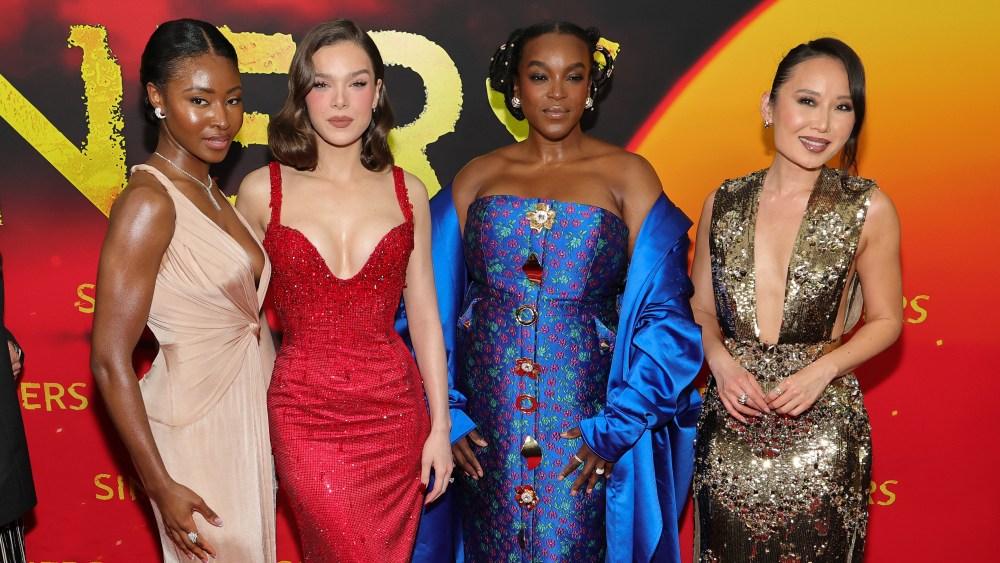
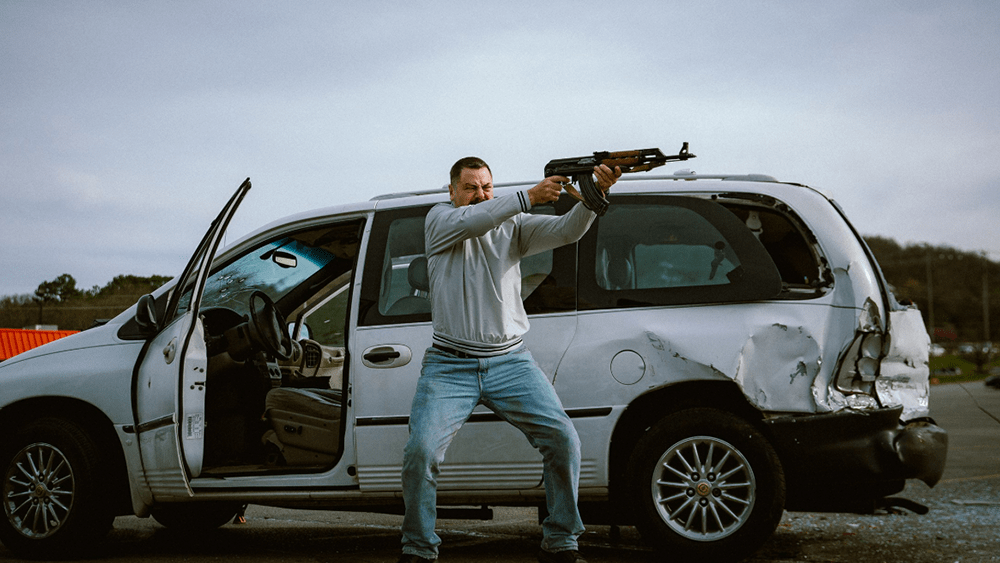
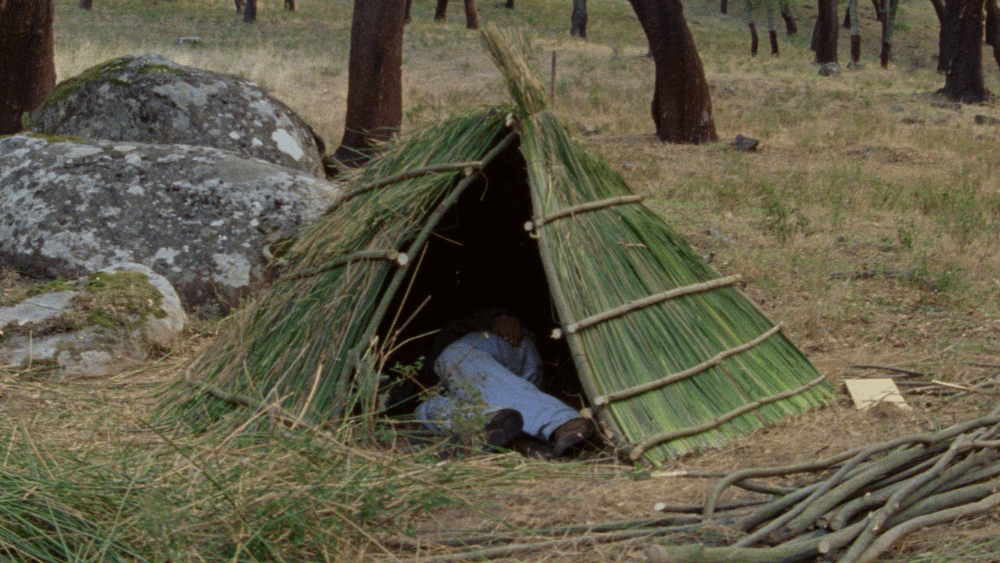
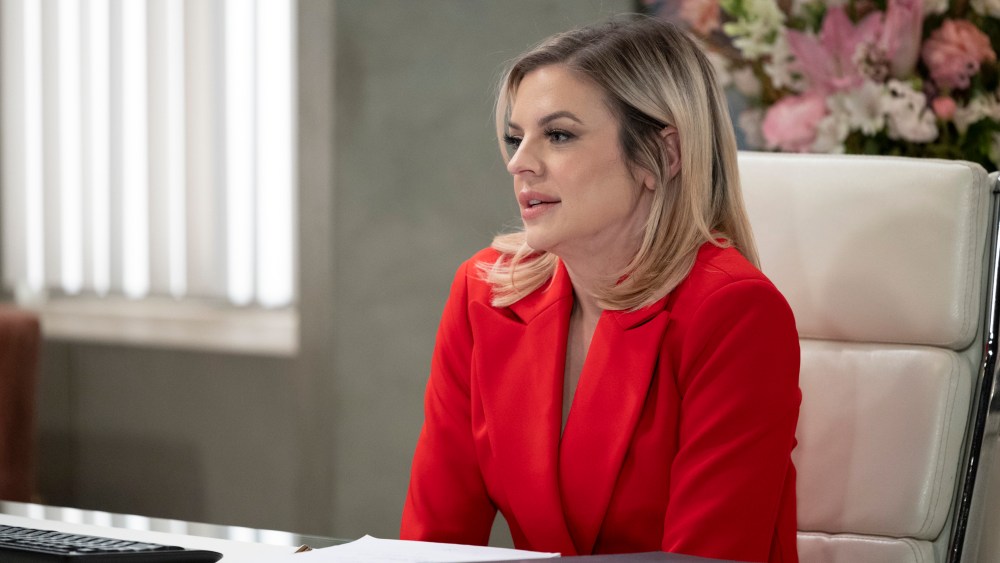
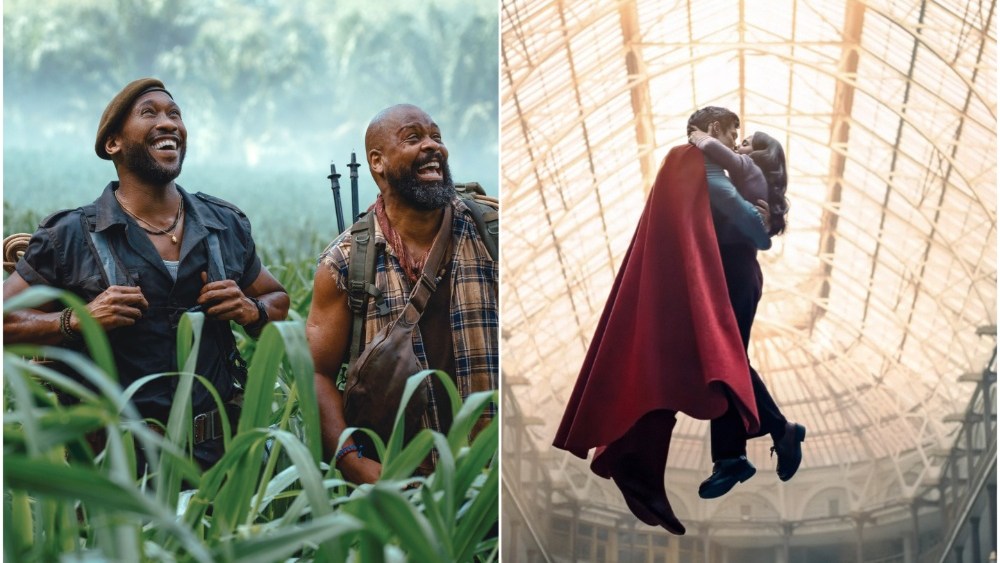
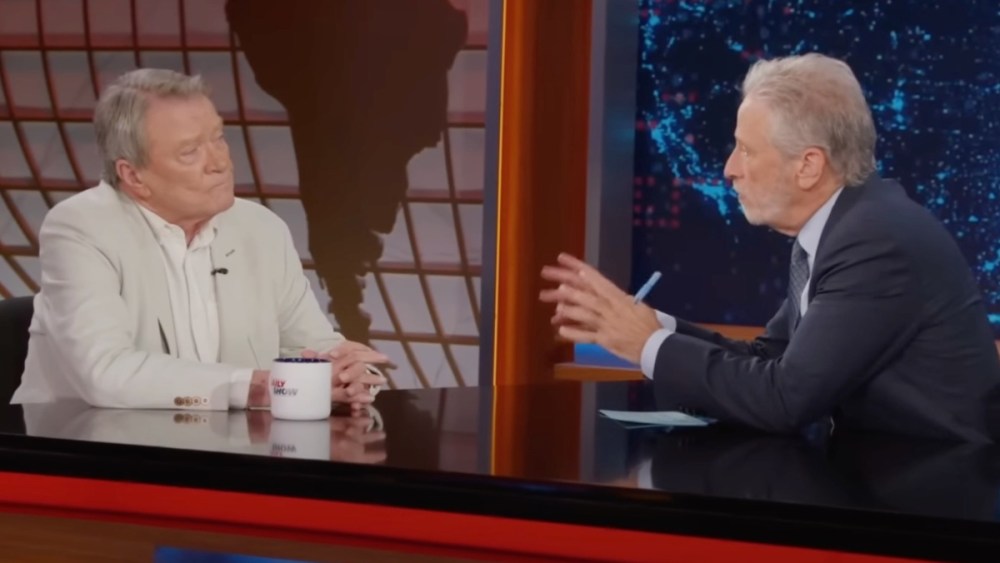
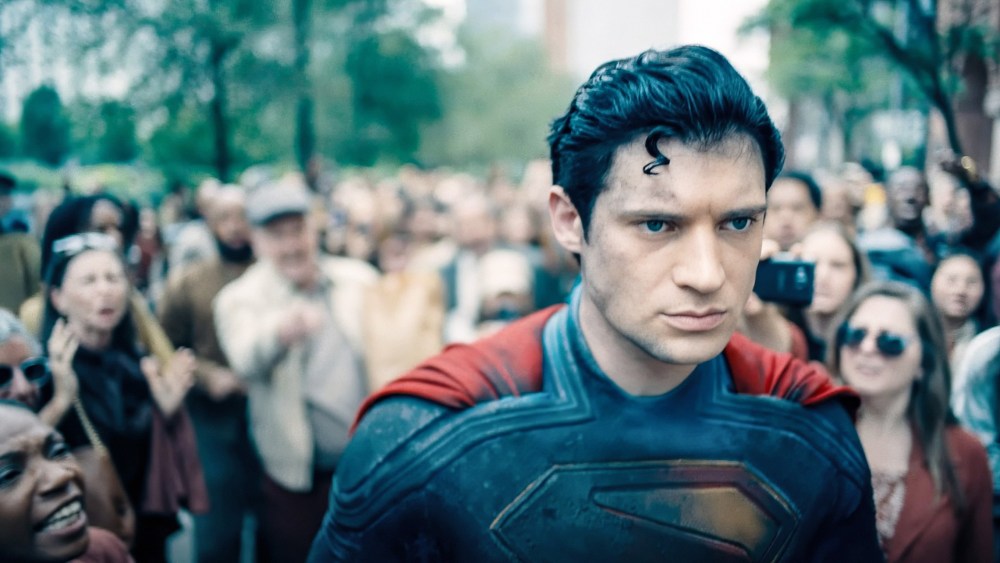
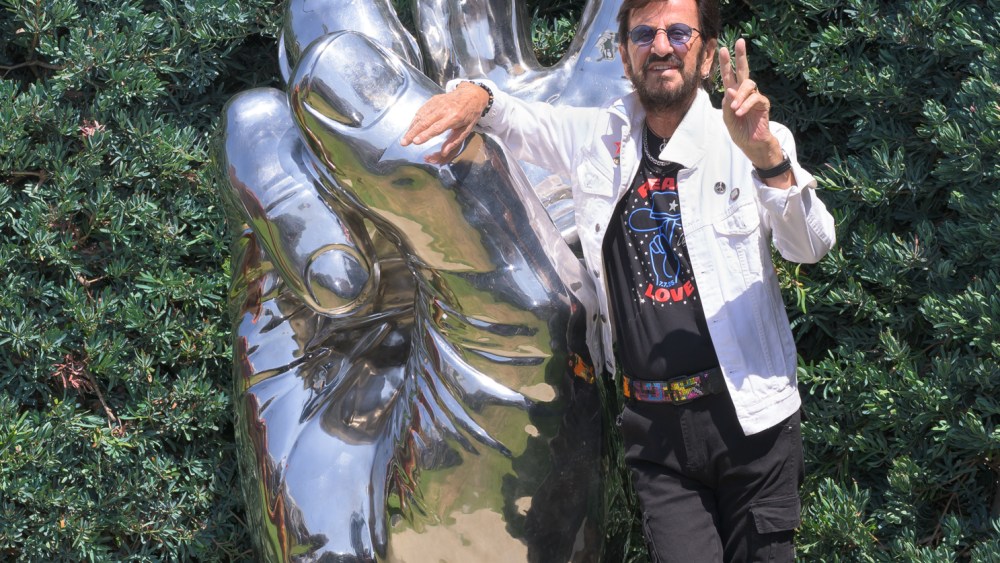
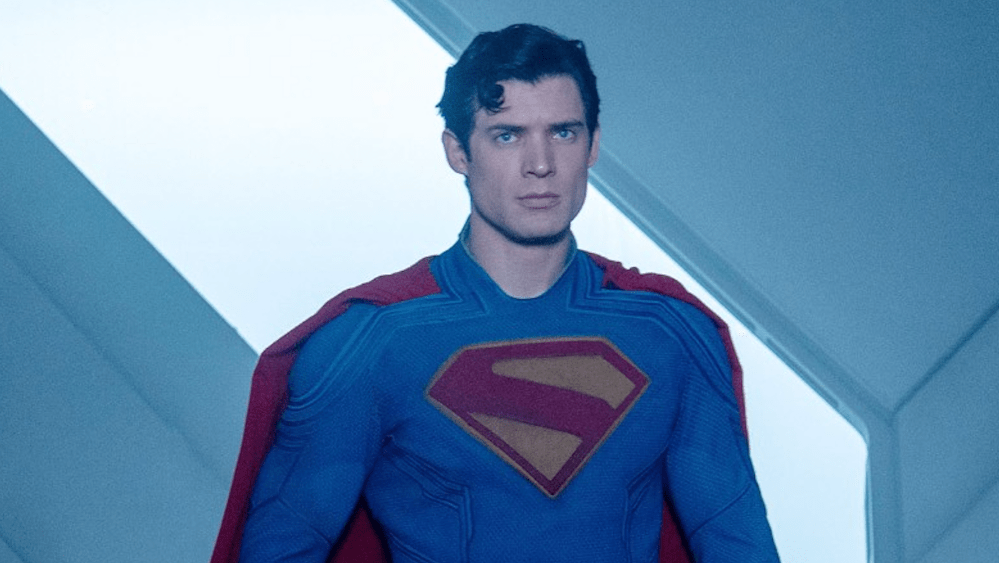
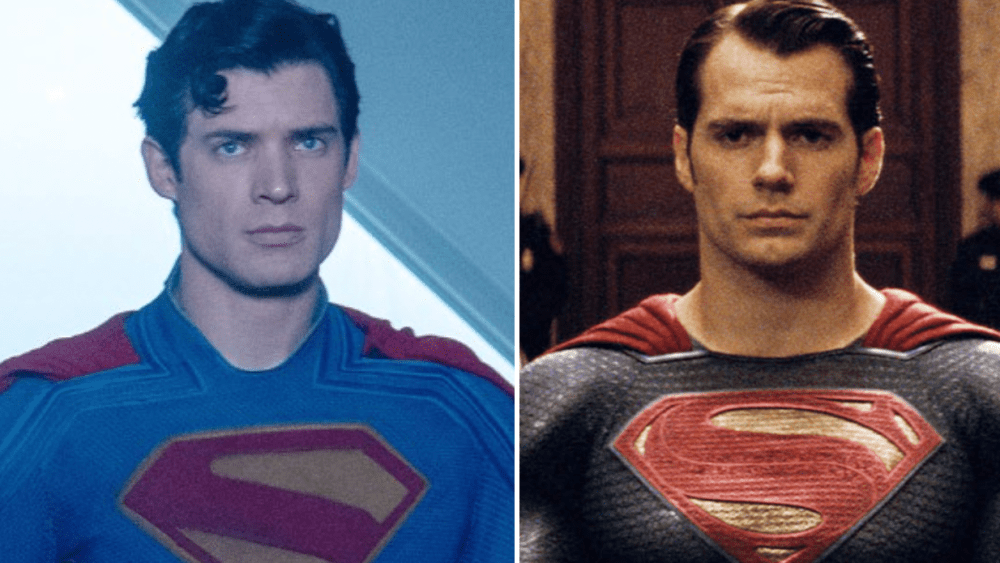
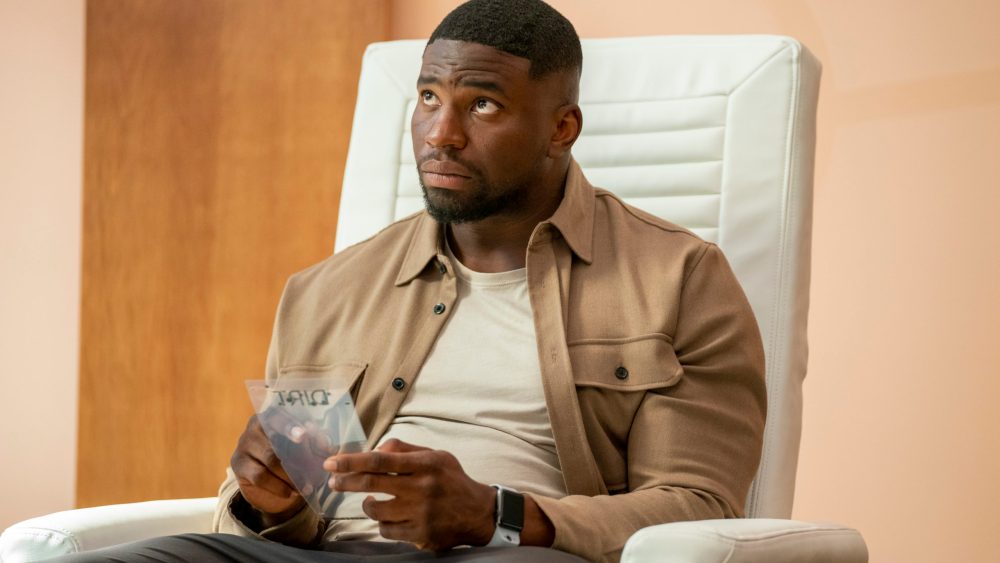

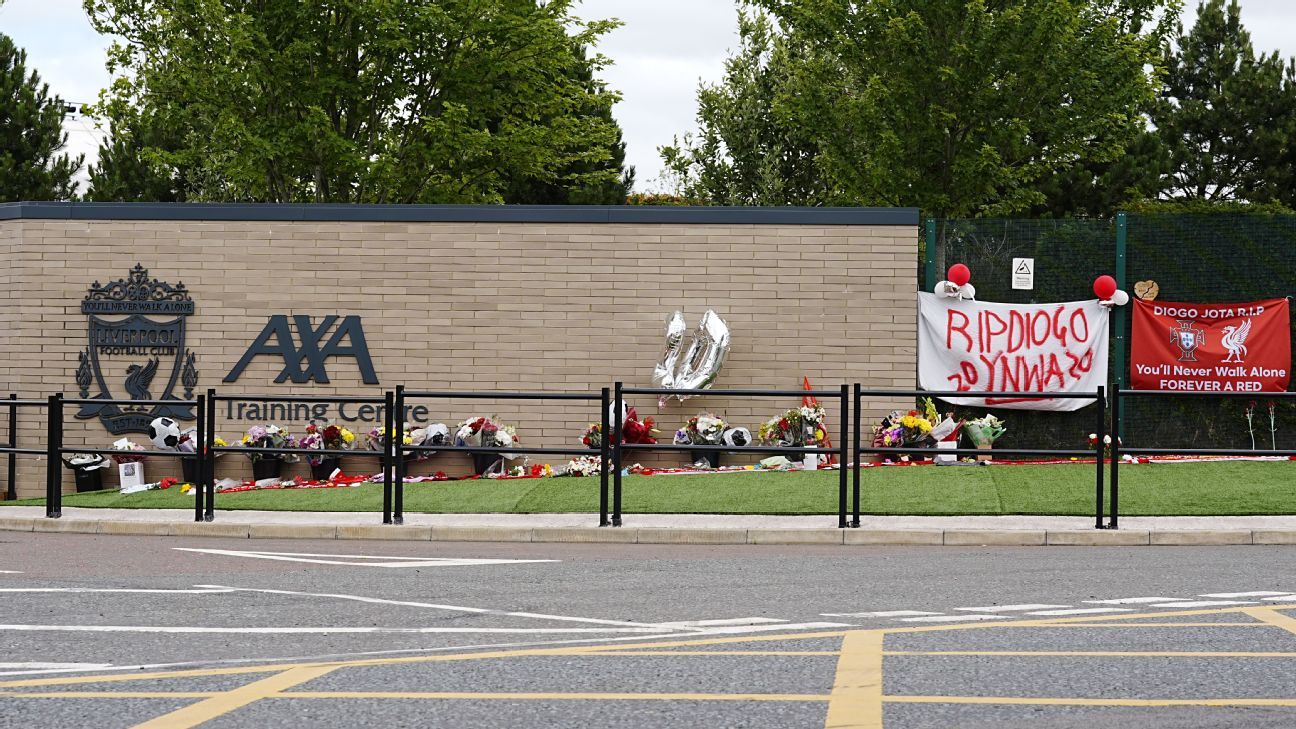

Leave a Reply